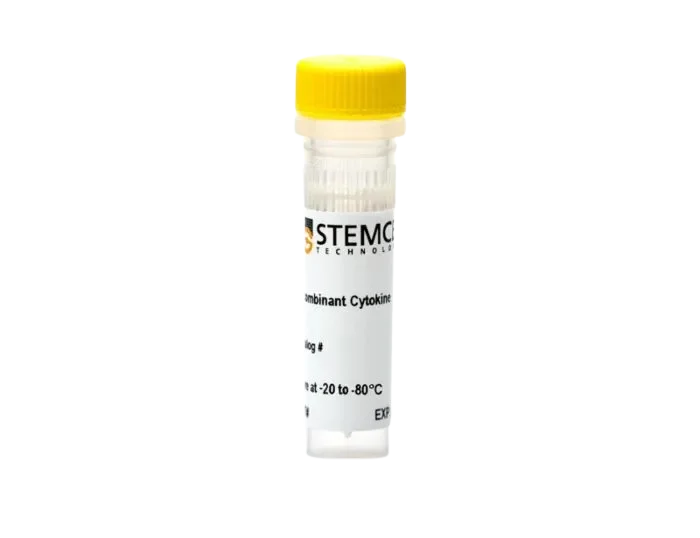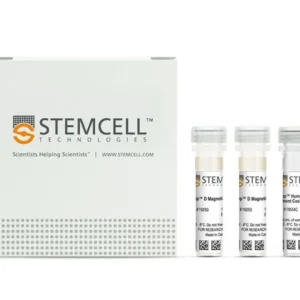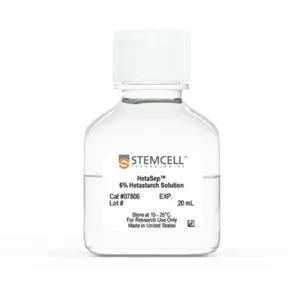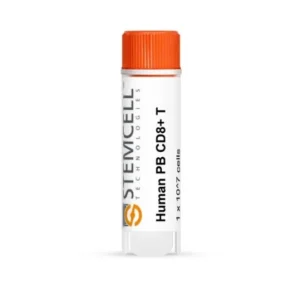The CD40 ligand is a high-purity recombinant protein in the tumor necrosis factor (TNF) superfamily. STEMCELL Technologies manufactures this cytokine, and Apex Scientific makes it available to laboratories as a leading supplier of laboratory equipment and reagents based in South Africa. It exists naturally as a type II transmembrane glycoprotein that forms a bioactive homotrimer. This ligand is present in both soluble and membrane-bound forms. As a crucial immune system signaling molecule, CD40 ligand plays a pivotal role in coordinating interactions between T cells and other cells in the immune system.
Role in Immune Response
In the immune response, activated T cells and other immune cells (monocytes, basophils, eosinophils, platelets, dendritic cells, and endothelial cells) express CD40 ligand on their surfaces. Conversely, B cells, dendritic cells, macrophages, platelets, endothelial cells, and some epithelial cells express the CD40 receptor.
When CD40 ligand on a T cell binds to CD40 on a B cell, it triggers critical processes that drive the humoral immune response. For example, this interaction stimulates B cell proliferation, induces immunoglobulin class switching, and enhances antibody secretion.
Consequently, the CD40 ligand–CD40 signaling pathway is essential for robust T cell-dependent humoral immunity in a laboratory setting and in vivo.
Importance in Disease and Research
Additionally, proper regulation of CD40 ligand is important for maintaining immune health. Dysregulation or deficiency of CD40 ligand can lead to immunological disorders. For instance, insufficient CD40 ligand function is one reason for the impaired antibody responses observed in HIV/AIDS patients. Moreover, research has linked aberrant CD40 ligand activity to inflammatory cardiovascular conditions. Elevated CD40 ligand signaling contributes to the development of atherosclerosis, atherothrombosis, and restenosis. These links make CD40 ligand an important focus in immunology and disease research, underscoring why scientists study this cytokine in both clinical and laboratory settings.
Applications for Laboratory Research
In laboratory research, scientists use recombinant CD40 ligand to mimic T cell help and activate immune cells during experiments.
For example, they add this ligand to cell cultures to stimulate B cells or dendritic cells, which helps in studying antibody production and cell-mediated interactions. When combined with appropriate laboratory equipment (such as incubators for cell culture and flow cytometers for analyzing immune cell activation), CD40 ligand allows researchers to replicate and analyze immune signaling pathways under controlled conditions.
This cytokine therefore serves as a valuable tool in immunology laboratories for exploring vaccine responses, autoimmune disease mechanisms, and other applications that require precise control of cell signaling. Importantly, Apex Scientific not only supplies reagents like CD40 ligand but also ensures researchers have access to the necessary laboratory equipment to conduct these advanced immunology experiments in South Africa.
Product Details and Availability
Apex Scientific provides this recombinant human CD40 ligand at a purity of ≥ 95%, ensuring high quality for sensitive laboratory experiments. As a one-stop supplier of laboratory equipment and reagents, Apex Scientific ensures that researchers across South Africa can conveniently obtain this critical cytokine along with other lab equipment and supplies.
This product falls under the “Cytokines” subtype and pertains to a wide range of cell types, reflecting its broad role in immune interactions. For example, researchers commonly use CD40 ligand in studies involving B cells, T cells, monocytes, and dendritic cells within the field of immunology.
Apex Scientific is dedicated to supporting scientific advancement across South Africa by supplying world-class reagents and laboratory equipment for life science research. For additional technical insights and updates on laboratory products, visit our Apex Scientific Insights page, where scientists and laboratory professionals can find helpful articles and guidance.





